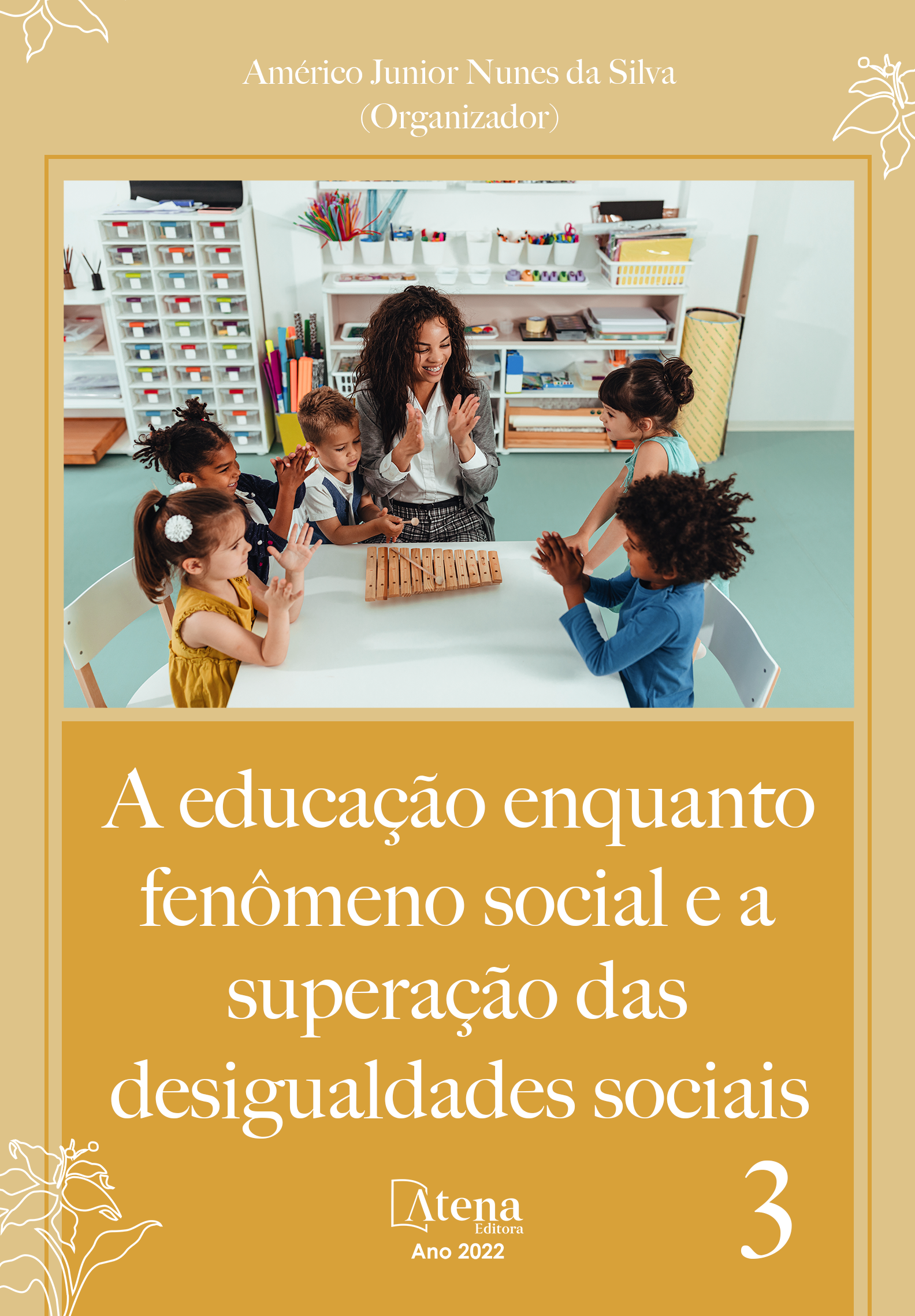
Hermenêutica Filosófica e Linguagem na Educação contemporânea
O presente artigo tem por objetivo focalizar a linguagem sob o aspecto da hermenêutica filosófica de Hans-Georg Gadamer (1900-2002), sua crítica à Filosofia Moderna no que se refere à objetividade do pensamento e o efeito disto na linguagem e na educação. Ao desconsiderar o mundo com suas peculiaridades históricas e sociais, privilegiou uma linha metodológica não adequada ao ser humano. Sob esse fio condutor, pretende-se analisar algumas implicações e consequências da instrumentação da linguagem na educação, seu empobrecimento no que diz respeito ao estreitamento de sentidos possíveis, por entender que a linguagem está ligada à compreensão da existência, que por sua vez está ligada ao modo de ser no mundo e, portanto, ao modo de pensar. Ainda sob essa perspectiva, pretende analisar a influência do privilégio que a tradição dá à metodologia e a técnca, como método peculiar das ciências da natureza, positivamente aplicada às ciências humanas, e suas consequências nas dimensões for mativas do educando. Abordará as conclusões da referida hermenêutica sobre os aspectos éticos que uma possível educação voltada para a valorização do diálogo e da instersubjetividade do aprendizado teria sobre a valorização da alteridade e de como isto se refletiria na formação de consciências menos ideologicamente dogmáticas. Ou seja, a tese defendida neste artigo, ancorada na hermenêutica filosófica de Gadamer, defende que a linguagem quando instrumentalizada implica redução de horizontes significativos e desestimula o pensamento crítico, autocrítico e criativo.
Hermenêutica Filosófica e Linguagem na Educação contemporânea
-
DOI: 10.22533/at.ed.7282208024
-
Palavras-chave: Hermenêutica. Formação. Filosofia.
-
Keywords: Education. Philosophy. Language.
-
Abstract:
This article aims to focus on language under the philosophical hermeneutics of Hans-Georg Gadamer (1900-2002), his critique of Modern Philosophy regarding the objectivity of thought and its effect on language and education. By disregarding the world with its historical and social peculiarities, it favored a methodological line that was not suitable for human beings. Under this guiding line, we intend to analyze some implications and consequences of the instrumentation of language in education, its impoverishment with regard to the narrowing of possible meanings, as we understand that language is linked to the understanding of existence, which in turn is linked to the way of being in the world and, therefore, to the way of thinking. Still under this perspective, it intends to analyze the influence of the privilege that tradition gives to methodology and technique, as a method peculiar to the natural sciences, positively applied to the human sciences, and its consequences in the formative dimensions of the student. It will address the conclusions of the aforementioned hermeneutics on the ethical aspects that a possible education aimed at valuing dialogue and intersubjectivity of learning would have on the valuation of otherness and how this would be reflected in the formation of less ideologically dogmatic consciences. In other words, the thesis defended in this article, anchored in Gadamer's philosophical hermeneutics, argues that language, when instrumentalized, implies a reduction in significant horizons and discourages critical, self-critical and creative thinking.
-
Número de páginas: 16
- RUI GUILHERME MANGAS DE SOUZA


